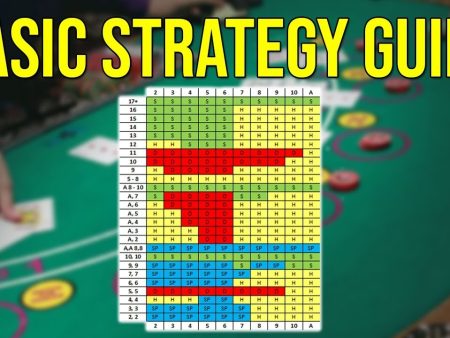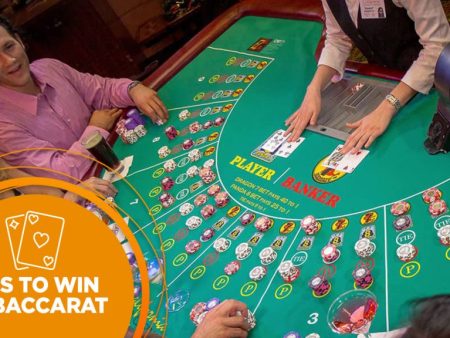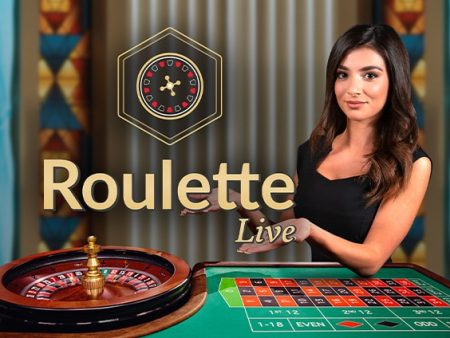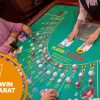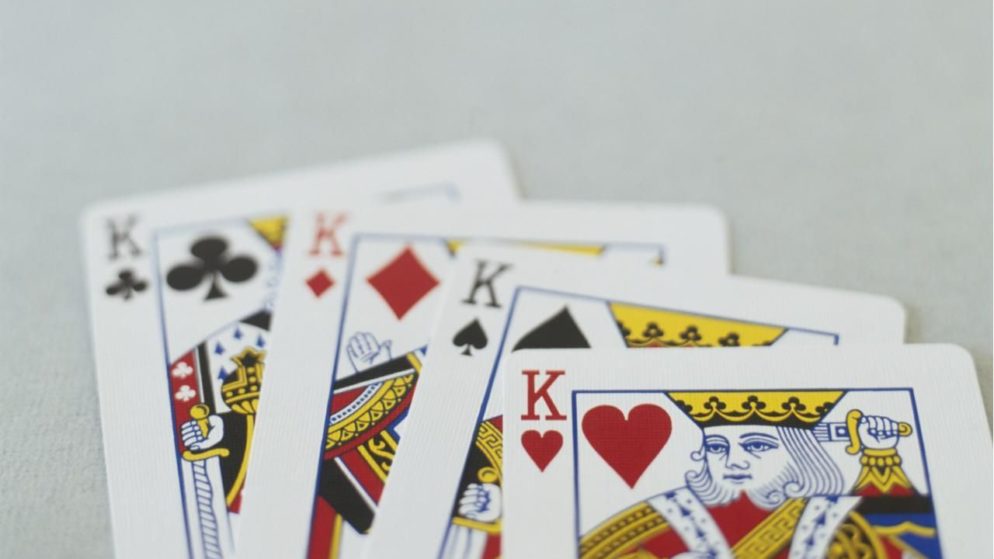
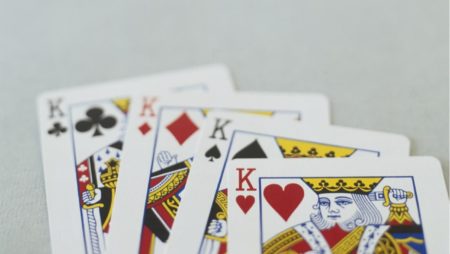
There are some reasons which indicate the thought process of gamblers-
Some of the commonest reasons for which people gamble are:
To Win Money
There is a chance to come up as “leader of the game”. The gambler tries to see the chance of any kind of fun and entertainment at no cost and with the potential profit. “Big win” dream is a motivation. Financial difficulties can push people to gamble in the hope and desire of winning money.
For Recreation
Previous shared experience with other mate gamblers, the specific language to the game of choice, and the sense of belonging to a specific group of individuals are all criteria that add to the communal aspect of gambling.
To Support Charity
For some of the gamblers, the chance to be entertained while supporting a worthy cause is a trigger to participate.
To Escape Problems
Gambling could be an escape from difficult circumstances, problems, depression or negative thoughts and feelings. Out of boredom and loneliness, Some people gamble.
Mood Alteration
Gambling in its localized form gives stimulation and excitement to the Starters of gamblers. The action and thrill of gambling can be used as a form of relief from unpleasant realities. Gamblers may experience a “high” while playing, similar to the high experience which is gained about by drugs or alcohol.
Gambling Creates an Illusion of Control
Human brains are bound to be very over-confident – for instance, the false illusion of knowledge which can leave us with a false sense of security for the daily decisions that we are making, as our brain simply does not accept that we don’t know something clear or are not able to make a very clear and sharp educated guess. This sort of confidence is boosted by the illusion of control that gambling games give them or the thoughts that we can apply our skills to change the result that is definitely decided by chance.
It could be either by taking a greater risk and then playing at high stakes casino sites or a feeling of sudden luck that provokes a single extremely high bet. Both way, people liable to gamble more when they believe they can believe that they have some control over the result of a game. Psychologists tell about two main contributors of the gambler’s illusion of control:
- near misses and
- personal choice

